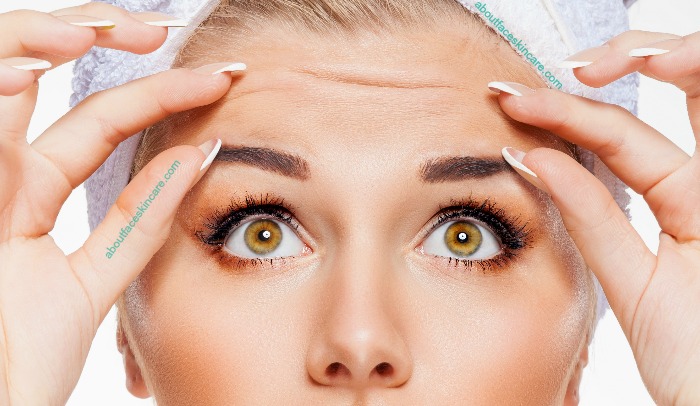
Frequently Asked Question:
Can repeated Botox injections make your muscles?unresponsive to treatment?
Medical Answer: FALSE!
“The doses used for cosmetic Botox treatments are actually very small,? says Naomi Fenlin, Philadelphia skincare expert. ?I?ve studied the Botox literature from the past 25-years, and have never seen any reports of patients that became resistant to Botox Cosmetic. The only people who this could possibly happen to would be those who use much higher doses for severe medical conditions. Those are the only types of situations where people maybe could develop resistance to Botox.?

On Muscle Response?
Sarah Sidiqi, NP, gives some more context: ?Long term cosmetic-injections can actually make it so that less product is needed. After years and years of keeping a muscle paralyzed, the muscle will eventually weaken and atrophy, which can make it seem like your results last extra-long.” Don’t worry though — in case you think that some day in the future you may want to crease and furrow your forehead, the muscles can bounce back quickly. “Once you stop with the injections– whether it’s Botox, Dysport, or Xeomin — the muscle usually comes back to its normal strength.”

This is a delicate dance however, and on the one hand — as time goes by and the face continues to age, it is possible to need more product to achieve the same results, but at the same time — at some point, if you are diligent about treatments so that the muscles are never able to regain movement, eventually they will weaken and respond longer to treatment.
What About THE Dreaded Droopy Eyelid?
?Honestly, a droopy eyelid is a risk that can occur any time that Botox is injected,? says Philadelphia dermatologist, Dr Stephen Hess. ?It occurs less frequently with skilled injectors, but it still can happen. The problem is not from hitting a nerve — but from the diffusion of the neurotoxin into the upper-eyelid muscle which controls the eyelid.”
Repeated use of neurotoxins is not going to cause this though, and for those few people that this does happen too — as the Botox wears off, the muscles will come back.
